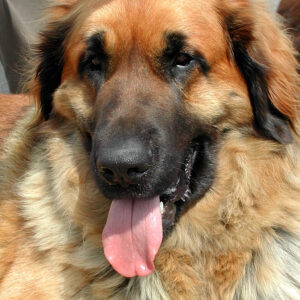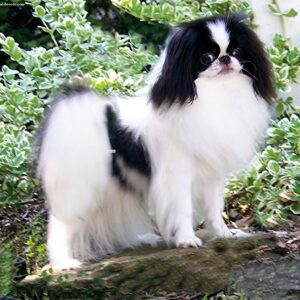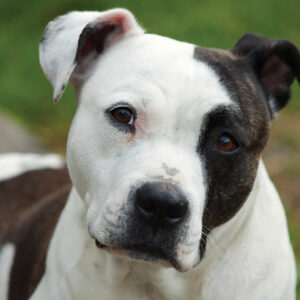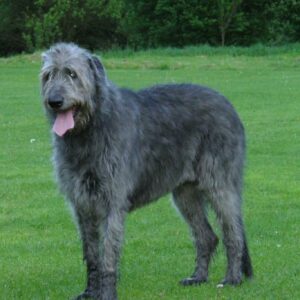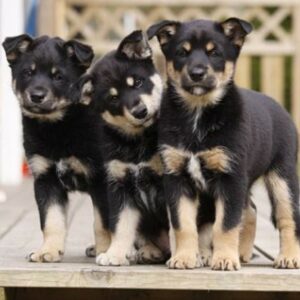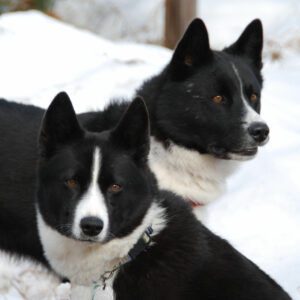Are you considering adding a Pomeranian to your family but aren’t sure where to start? Look no further! This comprehensive guide will cover everything you need to know about this beloved breed. From their origins to their characteristic traits, choosing the best foods, training, and taking care of them, we’ll cover it all. Let’s jump right in!
History
The Pomeranian dog breed originated in Pomerania, a region that was located in Eastern Europe and is now part of Germany and Poland. Originally, these dogs were larger and used for herding sheep. Queen Victoria introduced a smaller version of the breed to England in the 1800s, and their popularity quickly spread throughout Europe.
The Pomeranian reached the height of its popularity in the 19th century. Many of the breed’s most famous owners include Marie Antoinette, Queen Victoria, and Wolfgang Amadeus Mozart. As the breed gained popularity, its size continued to decrease, transforming it into the pocket-sized companion we know and love today.
Within the United States, the Pomeranian became increasingly popular in the early 20th century. The breed was recognized by the American Kennel Club (AKC) in 1900 and has since become one of the AKC’s most beloved breeds.
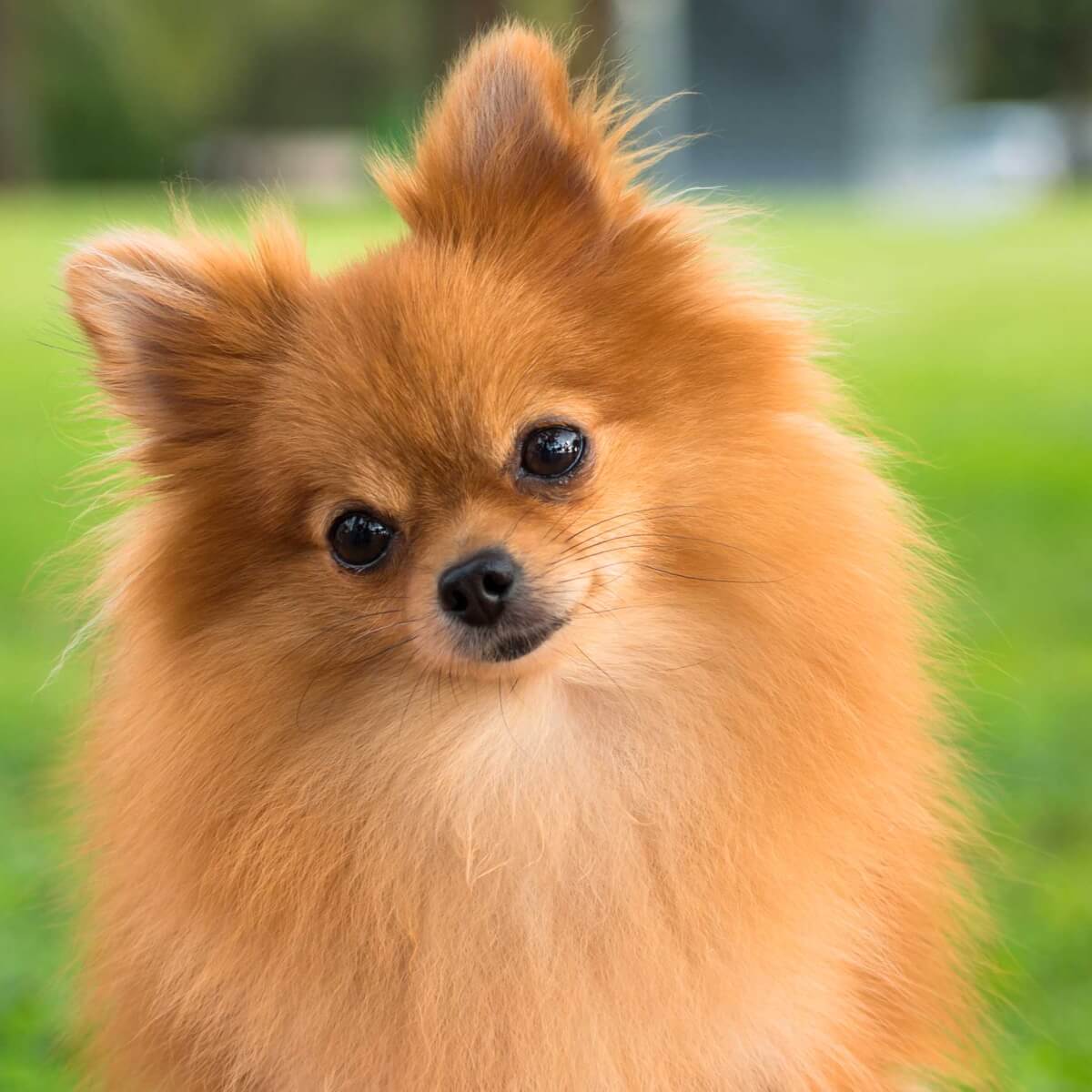
Today, the Pomeranian is one of the most popular toy breeds in the world. Its charming personality and adorable appearance have captured the hearts of many dog lovers, making it a popular choice for people looking for a small, loving companion.
Location of Origins
The Pomeranian dog breed originated in Pomerania, which is located in Eastern Europe and, at that time, was divided between Germany and Poland. Although the breed’s exact origins are unclear, it is believed to be descended from larger Spitz-type dogs that were commonly used as working dogs in the region.
As the breed became more popular, its size was selectively bred for. By the time the breed was introduced to England in the 1800s, it had already begun to assume the small size and fluffy coat that it is famous for today.
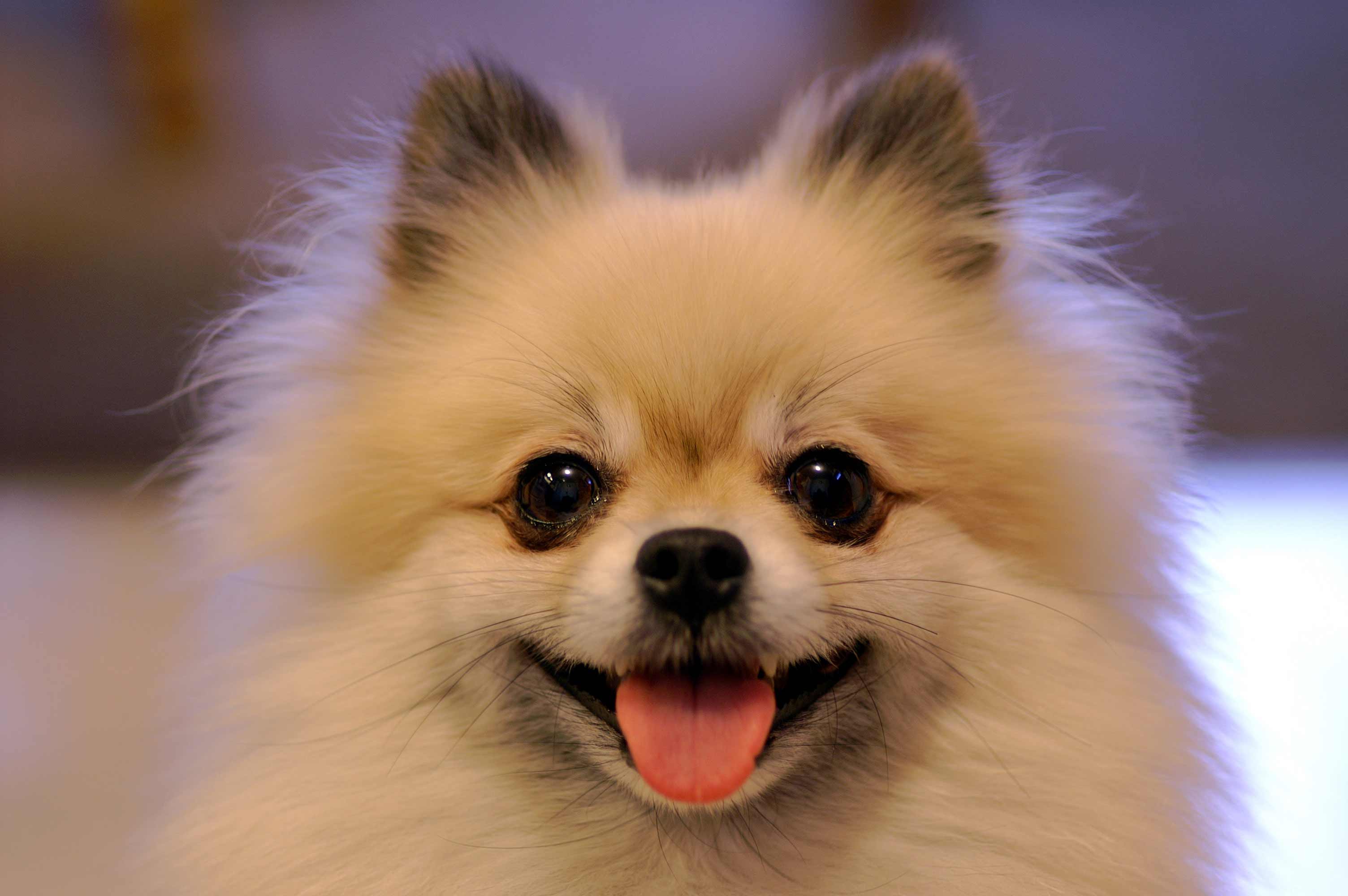
Today, Pomeranians can be found in homes all around the world, and their popularity shows no sign of slowing down. No matter where you are, you’re sure to find a Pomeranian enthusiast who is eager to share their love for this delightful breed with you.
Characteristics
The Pomeranian is a small, active breed that is known for its fluffy coat and charming personality. An adult Pomeranian typically weighs between 3 and 7 pounds and stands between 6 and 7 inches tall at the shoulder.
Pomeranians are often described as being lively and outgoing. They are intelligent and quick to learn, making them ideal family pets. They are also very loyal and dedicated to their owners, often forming a close bond with their human companions.
One of the Pomeranian’s most defining traits is its fluffy coat. Pomeranians have a double coat consisting of a soft, dense undercoat and a long, fluffy outer layer. Their coat requires regular grooming to keep it looking its best.
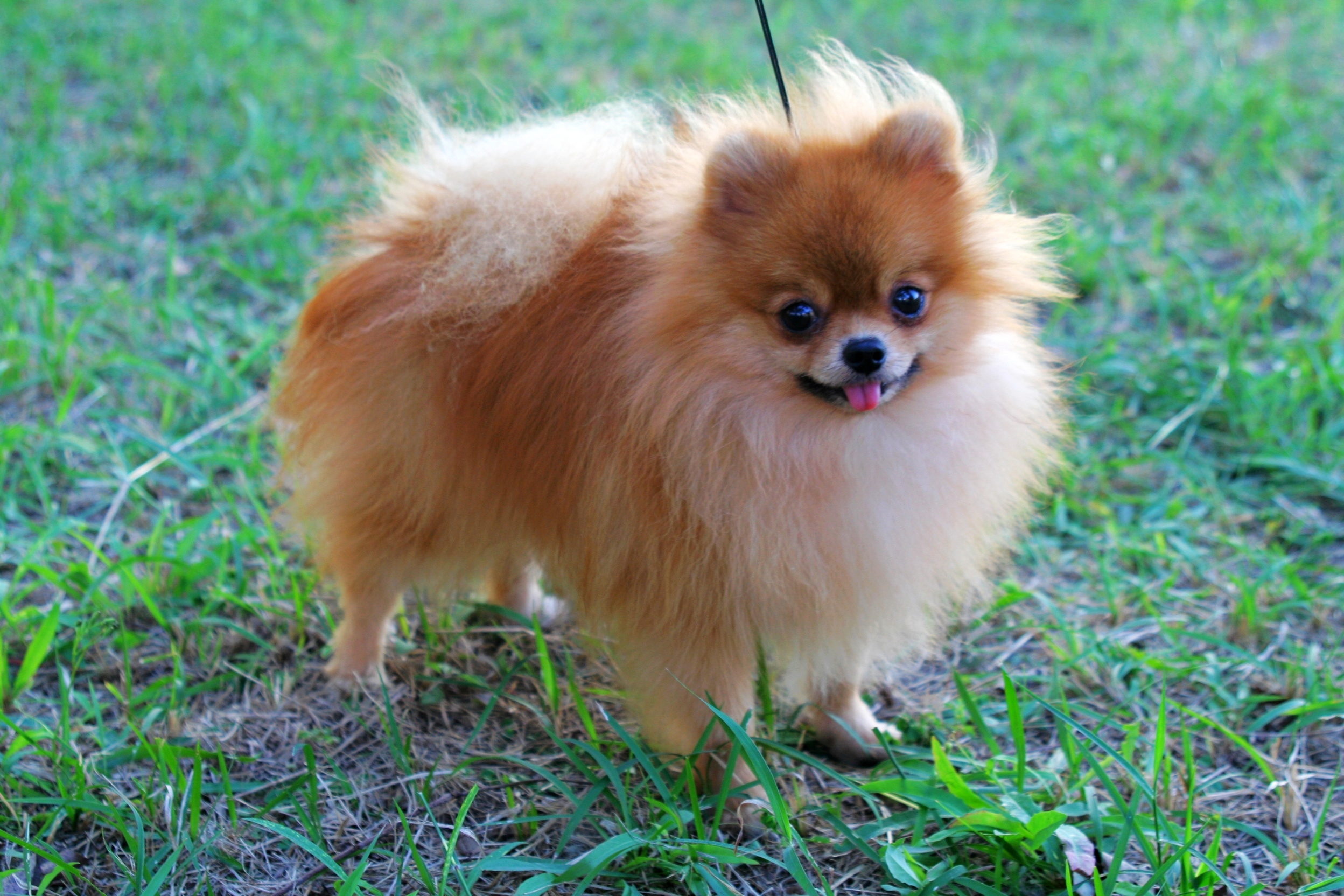
The Pomeranian is a highly adaptable breed and can thrive in a variety of living situations. Whether you live in a small apartment or a large house, your Pomeranian will be happy as long as it receives plenty of love and attention from its human family members.
Overall, the Pomeranian is a delightful breed that is sure to bring joy and happiness to any household lucky enough to have one.
Choosing the Best Foods
Feeding your Pomeranian a healthy, balanced diet is crucial for keeping it happy and healthy. When selecting a dog food for your Pomeranian, there are a few things to keep in mind.
Firstly, it’s important to choose a dog food that meets your Pomeranian’s nutritional needs. Pomeranians are small dogs with high metabolisms, so they require a diet that is high in protein and fat to keep their energy levels up.
You should also choose a dog food that is made with high-quality, natural ingredients. Avoid dog foods that contain fillers like corn, soy, and wheat, as these ingredients can be difficult for dogs to digest and provide little nutritional value.
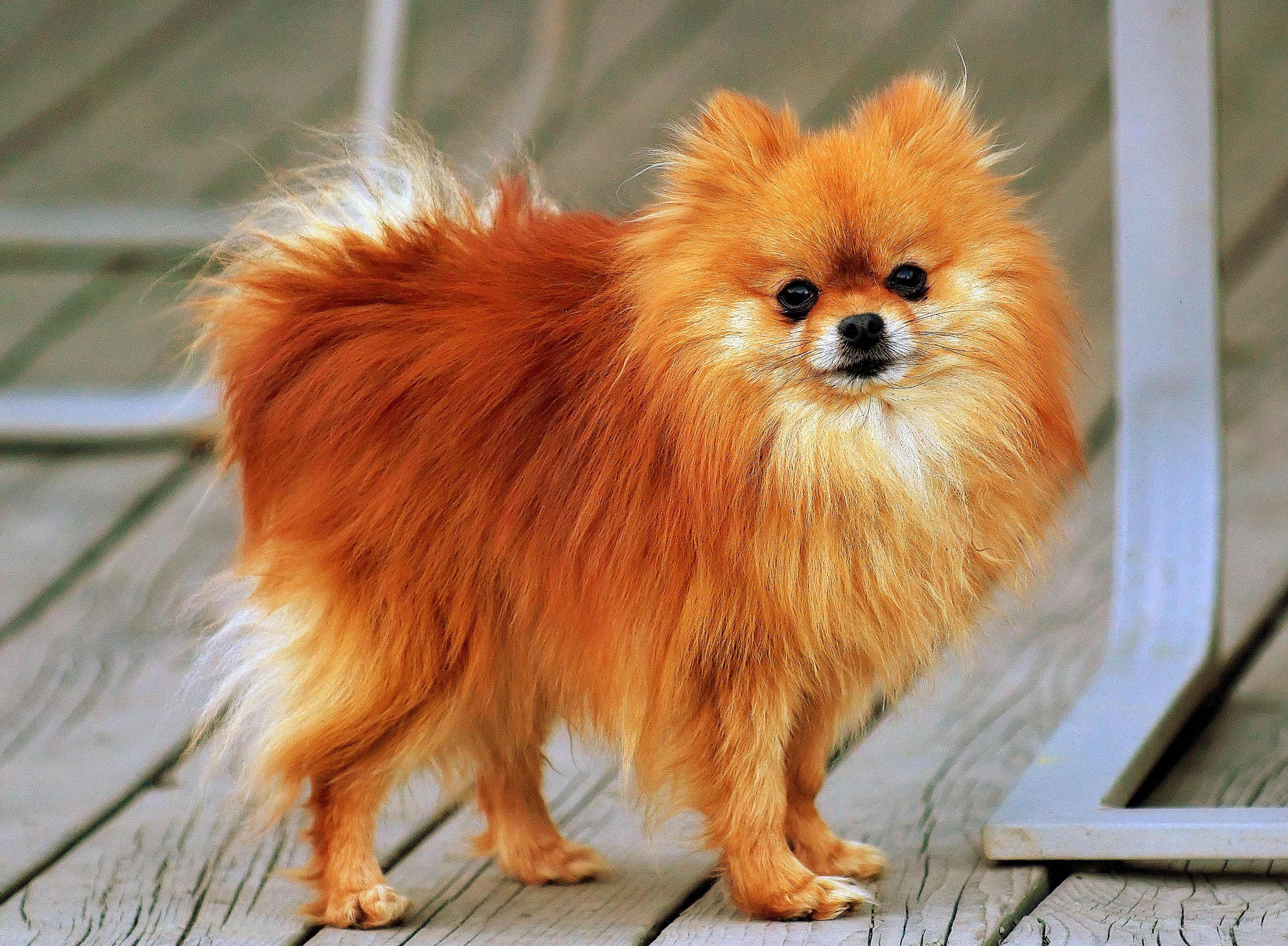
If you’re not sure which dog food to choose, speak to your veterinarian for recommendations. They can help you select a high-quality dog food that meets all of your Pomeranian’s nutritional needs.
Remember to keep your Pomeranian’s portion sizes small. Pomeranians have small stomachs and can become overweight if they are fed too much. Follow the feeding instructions on your dog food package and adjust the portion size based on your Pomeranian’s individual needs.
Training
Training your Pomeranian is crucial for ensuring good behavior and obedience. Like all dogs, Pomeranians respond best to positive reinforcement training methods that reward good behavior and ignore bad behavior.
Start by teaching basic obedience commands like “sit,” “stay,” and “come.” Keep training sessions short and focused, and always end on a positive note. Remember to be patient and consistent with your training, and avoid using punishment or physical force to correct bad behavior.

Training your Pomeranian to be well-behaved around children and other pets is also important. Start socializing your Pomeranian from a young age by introducing it to new sights, sounds, and people. Gradually expose your Pomeranian to new situations and experiences to help it become well-adjusted and comfortable around new people and animals.
If you’re having difficulty training your Pomeranian or if you have any questions about training, speak to a professional dog trainer. They can help you develop a personalized training plan that meets your Pomeranian’s individual needs.
Taking Care of Your Pomeranian
Keeping your Pomeranian healthy and happy requires regular care and attention. Here are a few tips for taking care of your furry friend.
Firstly, it’s important to groom your Pomeranian regularly. Their coat requires daily brushing to prevent matting and tangling. You should also give your Pomeranian a bath every few weeks to keep their coat clean and shiny.
Regular exercise is also crucial for keeping your Pomeranian healthy. Like all dogs, Pomeranians require daily exercise to keep their energy levels up and maintain good physical health. Aim to take your Pomeranian on at least one daily walk and provide plenty of opportunities for play and activity throughout the day.
Maintaining good dental hygiene is also important. Regular dental cleanings can help prevent tooth decay and gum disease, both of which can cause significant health problems in dogs. Brush your Pomeranian’s teeth regularly and provide dental chews or toys to promote good dental health.
Finally, make sure your Pomeranian receives regular veterinary care. Your veterinarian can perform regular check-ups and vaccinations to ensure your Pomeranian is healthy and free of any health problems.
FAQs
Q: Are Pomeranians good with children?
A: Yes, Pomeranians are generally good with children. However, it’s important to supervise interactions between young children and dogs to prevent any accidental injuries.
Q: How often should I groom my Pomeranian?
A: Pomeranians require daily brushing to prevent their coat from becoming matted and tangled. You should also give your Pomeranian a bath every few weeks to keep their coat clean and shiny.
Q: How much exercise does a Pomeranian need?
A: Pomeranians require daily exercise to maintain good physical health. Aim to take your Pomeranian on at least one daily walk and provide plenty of opportunities for play and activity throughout the day.
Conclusion
Overall, the Pomeranian is a beloved breed with a rich history and charming personality. They are loyal and devoted to their human family members, making them the ideal companion for anyone looking for a small, affectionate dog.
Remember to choose a high-quality dog food that meets your Pomeranian’s nutritional needs, and to provide regular care and attention to keep your furry friend happy and healthy. With proper care and attention, your Pomeranian is sure to be your loyal and faithful companion for many years to come.

